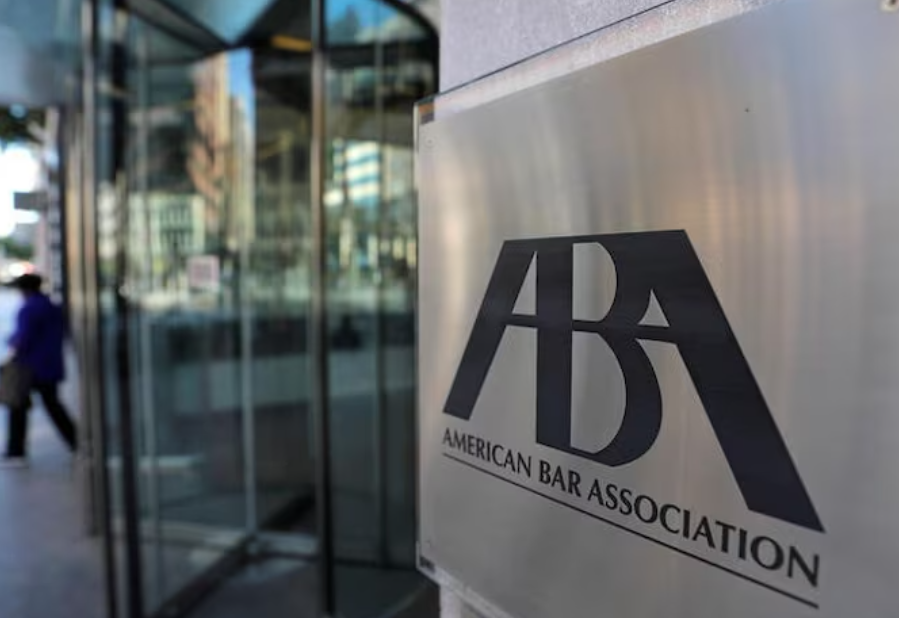The American Bar Association’s legal education arm may soon endorse lawyer licensing pathways that don’t involve passing the bar exam, potentially softening a pro-bar exam stance the organization has held for more than a century.
While still in preliminary stages, such a move would represent a shift in the hard-line position on bar admission held by the world’s largest voluntary organization of lawyers. Some legal education professionals say it’s overdue.
The ABA’s Council of the Section of Legal Education and Admissions to the Bar is slated to weigh a draft policy statement, urging states to “create diverse pathways to licensure” when it meets May 17.
That draft was submitted by a task force formed last year to reevaluate the ABA’s longstanding policy statement that “every applicant for admission to the bar should be subject to examination by public authority.”
The potential change comes in response to the growing alternative attorney licensing movement, said William Adams, the ABA’s managing director of accreditation and legal education.
Oregon in November adopted an apprenticeship pathway for law school graduates that does not require taking the bar. Washington followed suit in March, adopting both an apprenticeship pathway and a skills coursework option that bypass the bar exam.
High courts in California, Minnesota, and Utah are currently considering proposals to license attorneys without the bar exam.
“In light of some state supreme courts passing or considering alternative pathways to licensure, the council felt it should consider whether the policy needed to be modified,” Adams said. The ABA first came out in favor of bar exams in 1921 when many states allowed people to practice law with only a law school degree.
ABA Rules
The ABA’s legal education policy statements are different from its law school standards, which are rules law schools must follow to be accredited by the ABA. Instead, policy statements serve as guidance for law schools.
The ABA does not control lawyer licensing, which state courts or other entities in each individual jurisdiction handle. But the ABA’s backing of alternate licensing pathways would be a welcome step, said Joan Howarth, a former dean of Michigan State University College of Law who has studied the bar exam and its alternatives.
The proposal is “catching up” with what states are already doing to improve attorney licensing, she said.
The National Conference of Bar Examiners, which produces the national components of the bar exam and is debuting a revised test in July of 2026, on Thursday said the ABA’s draft policy statement “underscores and affirms the need for public protection and for consistent, fair, reliable, and valid assessment across all pathways to admission.”
The task force’s draft policy also calls on states to create licensing pathways that “mitigate the disparate exclusion from the profession of racial and ethnic minorities and individuals of low socioeconomic status.”
Exam data show longstanding racial disparities in bar pass rates. In 2023, white exam takers had a first-time pass rate of 84%, according to ABA figures. That rate was 71% for Hispanic examinees and 58% for Black test takers.

